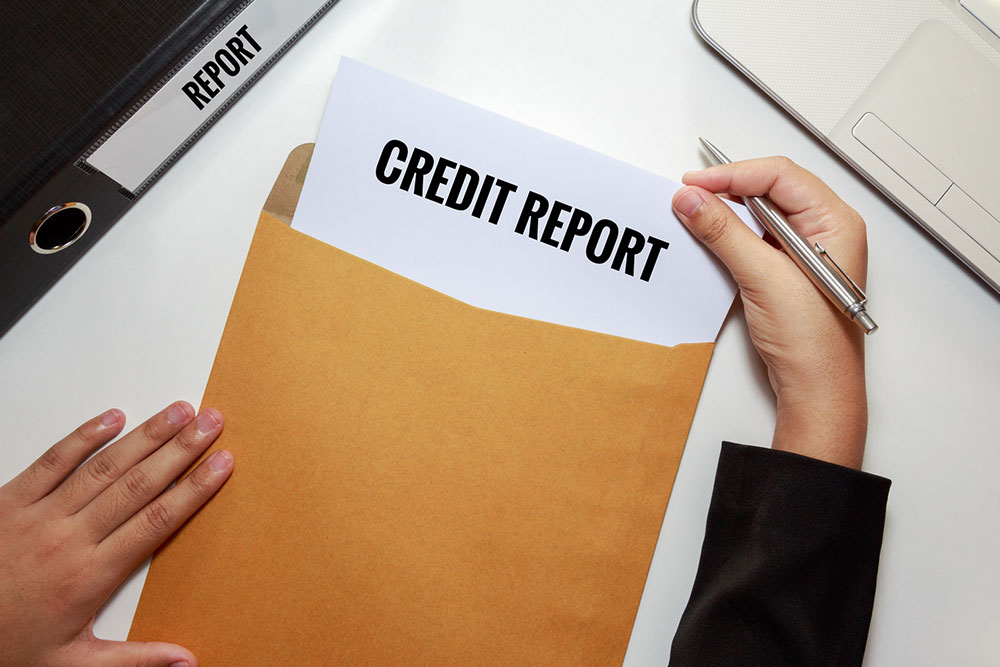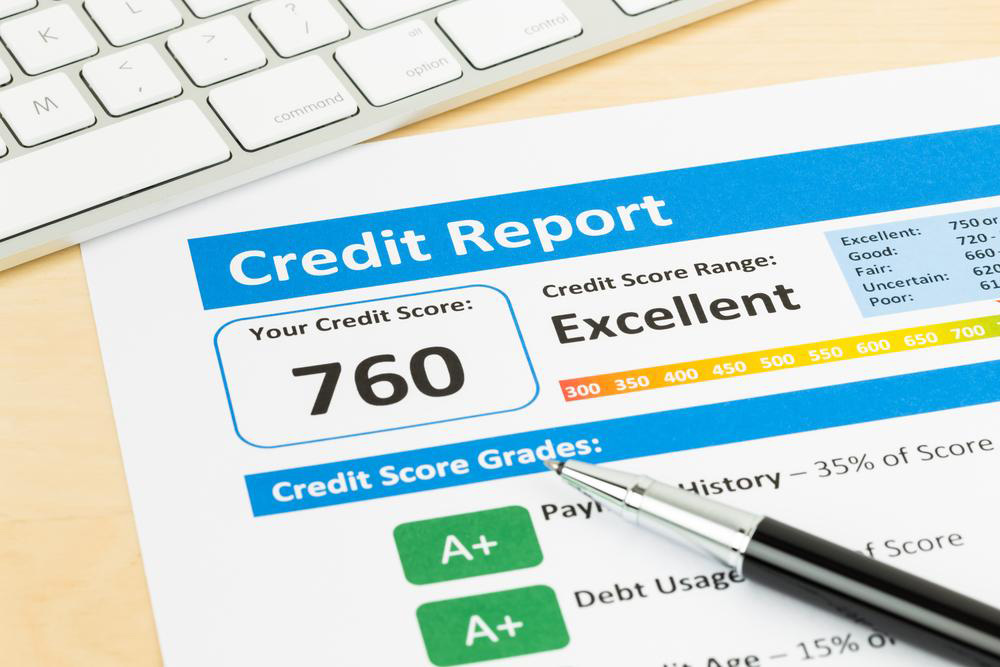Essential Insights into Credit Report Components and Their Impact
This article explores the vital components of credit reports and their impact on financial well-being. It emphasizes the importance of regularly reviewing credit reports, understanding their contents, and utilizing free resources for accurate monitoring. Maintaining a good credit report can unlock better loan terms, job opportunities, and insurance rates. It also highlights how poor credit can limit various financial options. Stay informed about how to access and interpret your credit report to safeguard your financial future and improve your credit standing.

Key Elements of a Credit Report and Their Significance
Everyone has goals—whether it's landing a dream job, buying a home, or traveling abroad. A critical factor influencing these aspirations is your credit report. Though often overlooked, understanding your credit report is vital for financial health. Many, especially millennials, rarely check their reports or know how to access them. Now is the time to change that!
Credit reports are documents detailing an individual’s borrowing history and current credit standing. They are compiled by specialized agencies drawing data from various sources. These reports include vital information that shapes your financial profile.
What a Credit Report Contains: Different agencies may include varying data; however, common components are:
Recent Credit Inquiries: Records of organizations requesting your credit information, along with dates of access.
Personal Details: Name, birthdate, addresses, phone numbers, Social Security number, employment status.
Account Information: Details on loans, credit card history, mortgages, auto loans, lender names, balances, and repayment histories.
Some reports may also contain public records, such as court judgments, tax liens, or bankruptcies, though many agencies omit this data nowadays. It’s important to distinguish between credit reports and credit scores— the latter is a numeric summary derived from the report’s data.
Why Maintaining a Good Credit Report Matters: A comprehensive report influences your credit score, which can affect loan eligibility, interest rates, and more. Regularly reviewing your report helps spot errors or signs of identity theft. If discrepancies are found, you can dispute inaccuracies through the reporting agencies.
Consequences of Poor Credit Reports: A negative report can limit job prospects—many employers conduct credit checks, especially for security roles. It can also lead to loan denials, higher interest rates, increased insurance premiums, and difficulties renting homes or obtaining utilities.
Top Free Credit Report Sources: Accessing your credit report annually is essential. The best free options include:
AnnualCreditReport.com: The official site providing free yearly reports from TransUnion, Experian, and Equifax, though it excludes scores. Reports are downloadable in PDF format.
Credit Sesame: Connected with TransUnion, it offers monthly updates on your credit info and scores via an online account, helping you track and improve your credit effectively.
Credit Karma: Partnered with TransUnion and Equifax, it provides free reports, credit scores, and tools like score simulators and comparison charts, aiding consumers in understanding their credit status.
CreditWise: From Capital One, it offers credit reports and scores from TransUnion, with real-time alerts on significant changes and tools to simulate credit strategies—usable even if you're not a Capital One customer.
Bankrate: Provides free TransUnion credit reports organized chronologically, offering deep insights into your credit history and score analysis.










